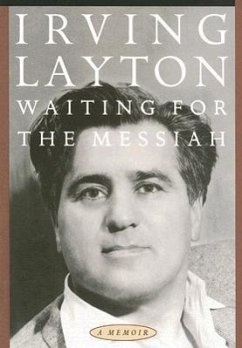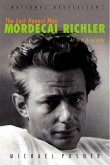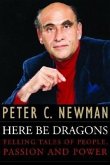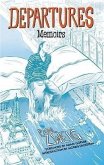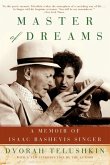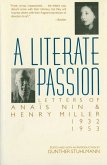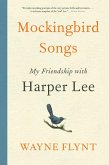Enigmatic and explosive, Irving Layton was indisputably one of this country's most controversial literary figures. His flamboyant style and outspokenness won him friends and enemies. His visceral and lyrical poetry earned him reverence and international acclaim. In "Waiting for the Messiah," first published in 1985, Layton writes openly about his life and the discordant impulses that shaped him into the provocative poet and personality that he became. With the vitality, passion, and intimacy that characterizes his verse, his memoir -- covering the years between 1912 and 1946 -- sheds welcome light on Irving Layton's public persona, and gives further substance to one of the most impressive bodies of work in Canadian poetry. His self-portrait teems with insight and energy, and paints a picture of a colourful life, from its beginnings in Montreal's Jewish ghetto. As a high-spirited, life-loving, and sensual boy, he reacted against anti-Semitism and poverty that surrounded him, rejecting his parents' values and orthodox beliefs. He battled his way through an educational system that provided no outlet for his imagination. Layton's "crazy need for experience" drove him to embrace or challenge all that he encountered, and he recounts his first experiences with sex and death, his associations with literary friends and rivals, his relationships with women. Equally compelling is his description of Montreal in the forties as a city crackling with literary and political energies. It was in the ferment of this milieu that Layton ripened as a poet In "Waiting for the Messiah, "Layton unleashes his sparkling prose style. He is bold and revealing, scathing and witty. The result is a rich andentertaining memoir of a life which as "commuted daily between heaven and hell" and produced poems which have made a lasting contribution to Canadian literature.
Hinweis: Dieser Artikel kann nur an eine deutsche Lieferadresse ausgeliefert werden.
Hinweis: Dieser Artikel kann nur an eine deutsche Lieferadresse ausgeliefert werden.

